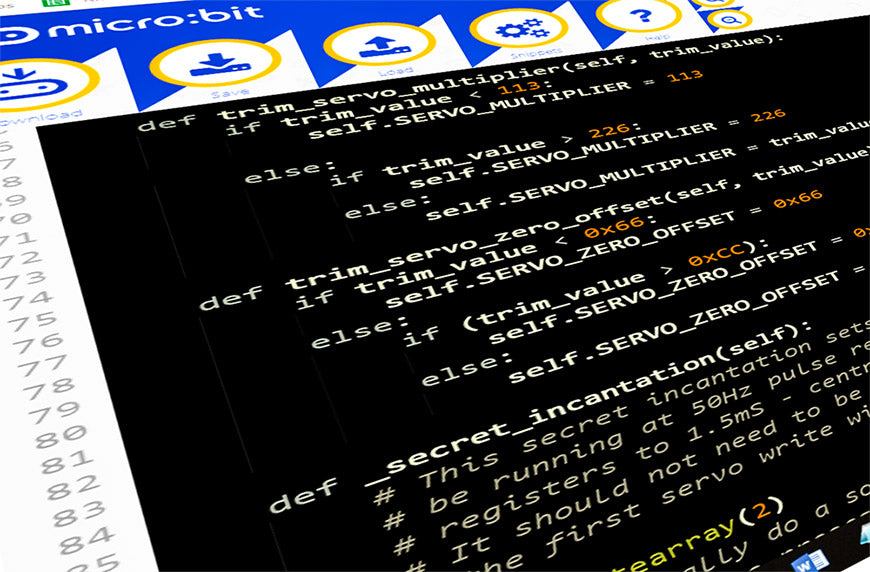If you’ve bought any of our more recent BBC micro:bit products and were also wondering how to make the switch from Blocks to Python, we’ve got you covered. We have example code for five of our recent products that you can use and also learn from.
Each of the five products below has its own GitHub repo’ containing all of the necessary files and code demos. You are free to do as you wish with the code, but they best serve as a learning aid.
You Will Need:
- A micro:bit.
- MicroPython Editor such as the Foundations’ Python Editor or the MU Editor.
- One or more of the following five Kitronik BBC micro:bit products;
Using MicroPython With Kitronik BBC micro:bit Products:
STOP:bit: The STOP:bit for the BBC micro:bit is the ultimate upgrade for traffic light/pedestrian crossing projects. Not only does it make coding the project a breeze, the board is supplied pre-assembled so you don’t even need to fire up the soldering iron.
All-in one Robotics board: Take your microbit robotics builds to the next level with the Kitronik All-in-one Robotics Board for the BBC micro:bit. The All-in-one Robotics Board enables the BBC micro:bit to drive 4 motors (or 2 stepper motors) and also 8 servos.
:GAME ZIP 64: The Kitronik :GAME ZIP 64 is the ultimate retro gaming accessory for the BBC microbit. It has been designed to be an all in one hand held gaming platform, which also includes a built in, 64 (8×8) individually addressable full colour ZIP LED, screen.
:KLEF Piano: Compose a monophonic microbit musical masterpiece with the Kitronik :KLEF Piano for the BBC micro:bit. It features 15 capacitive touch pads, with 13 arranged as a single octave and 2 up down function buttons that most notably can allow you to shift octaves.
16 Servo Driver Board: Take your robotics project to the next level with the (i2C) Kitronik 16 Servo Driver Board for the BBC micro:bit. The 16 servo driver board can control and power up to 16 servos.
In conclusion, we hope these Python resources have helped you to get more from our micro:bit products. Be sure to also check out our other free microbit resources here.







